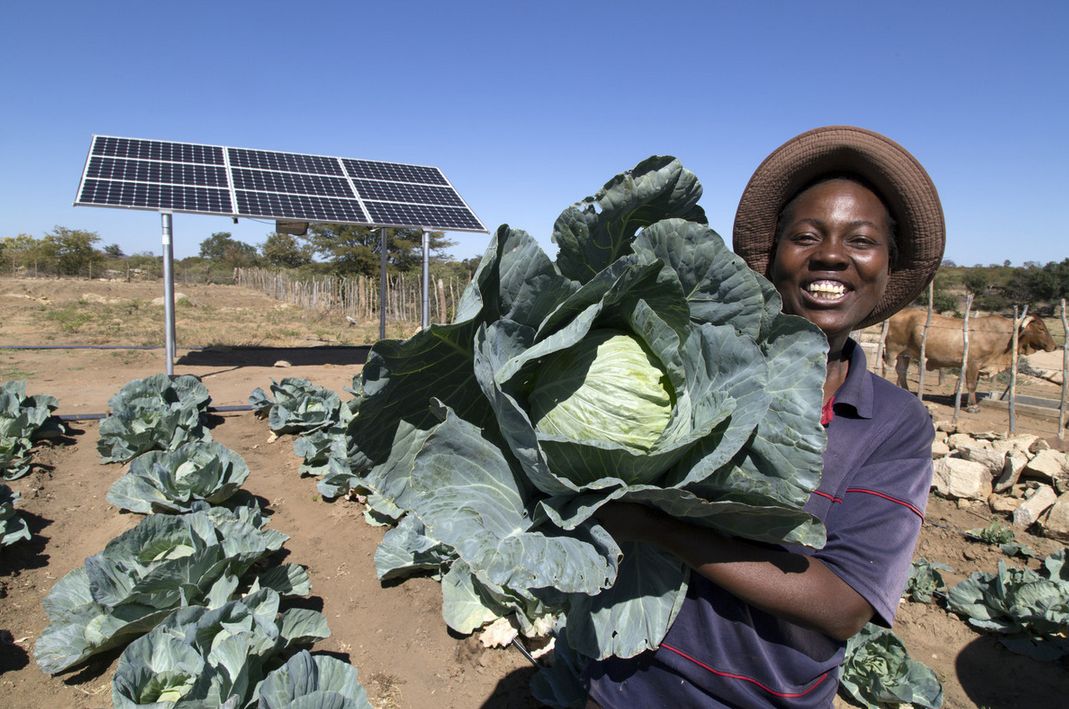Starting a smart agribusiness project in 2024 requires a combination of traditional agricultural knowledge and modern technologies to optimize productivity, efficiency, and sustainability. Here’s what you need to consider to launch a successful smart agribusiness project:
Research and Planning:
- Identify the type of agribusiness you want to pursue (e.g., crop farming, livestock rearing, aquaculture, agrotech solutions).
- Conduct market research to understand demand, competition, and potential customers.
- Develop a detailed business plan outlining your objectives, target market, production methods, marketing strategy, and financial projections.
Smart Technology Integration:
- Embrace modern agricultural technologies such as IoT (Internet of Things), AI (Artificial Intelligence), drones, sensors, and data analytics to optimize various aspects of your farm operations.
- Invest in precision farming tools and equipment for efficient resource management, including water, fertilizers, and pesticides.
- Implement smart monitoring systems to track environmental conditions, crop health, and livestock well-being in real-time.
Sustainable Practices:
- Incorporate sustainable farming practices to minimize environmental impact and enhance long-term viability.
- Explore organic farming methods, conservation agriculture, and agroforestry techniques to promote soil health, biodiversity, and natural resource conservation.
- Adopt water-saving irrigation systems, renewable energy sources, and waste management strategies to reduce carbon footprint and promote sustainability.
Access to Capital and Resources:
- Secure funding for your agribusiness project through personal savings, loans, grants, or investment from venture capitalists, angel investors, or agricultural development organizations.
- Establish partnerships with agricultural suppliers, research institutions, and technology providers to access resources, expertise, and support services.
Skills and Training:
- Acquire relevant skills and knowledge in agronomy, animal husbandry, agribusiness management, and technology integration through formal education, training programs, workshops, and online resources.
- Hire or collaborate with experienced professionals, agronomists, veterinarians, and agricultural engineers to complement your expertise and strengthen your team.
Regulatory Compliance and Risk Management:
- Familiarize yourself with local regulations, permits, and licensing requirements governing agricultural activities, food safety standards, and environmental regulations.
- Develop risk management strategies to mitigate potential challenges such as crop failures, disease outbreaks, market fluctuations, and adverse weather conditions.
Marketing and Distribution:
- Develop a comprehensive marketing strategy to promote your products and differentiate your brand in the market.
- Utilize digital marketing channels, social media platforms, and e-commerce platforms to reach potential customers, engage with stakeholders, and drive sales.
- Establish partnerships with distributors, retailers, restaurants, and online marketplaces to expand your market reach and distribution network.
Launching a smart agribusiness project requires careful planning, investment in technology, sustainable practices, and strategic partnerships to succeed in the dynamic agricultural sector. By leveraging innovative solutions and adopting a holistic approach, you can create a resilient and profitable agribusiness venture in 2024 and beyond.
